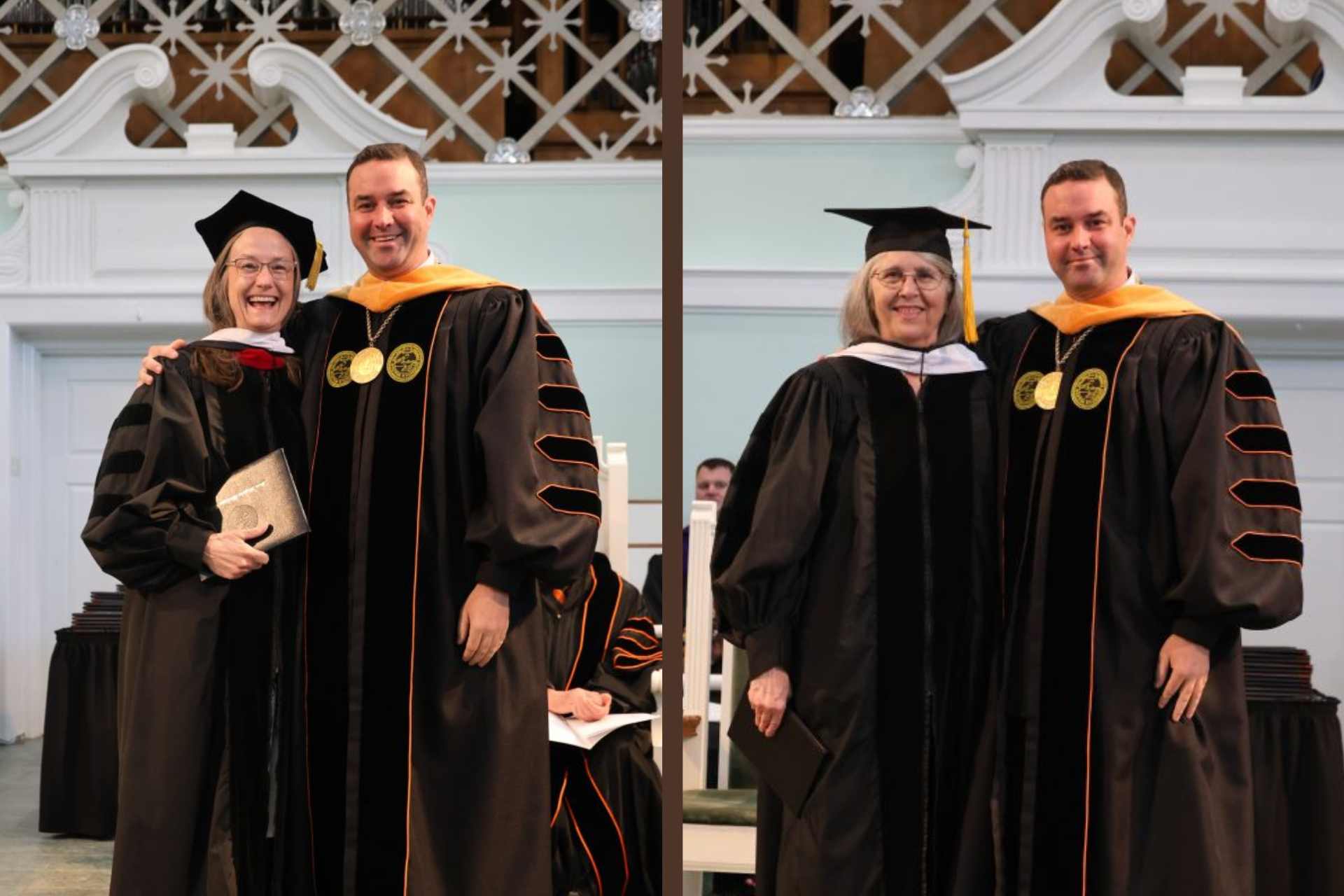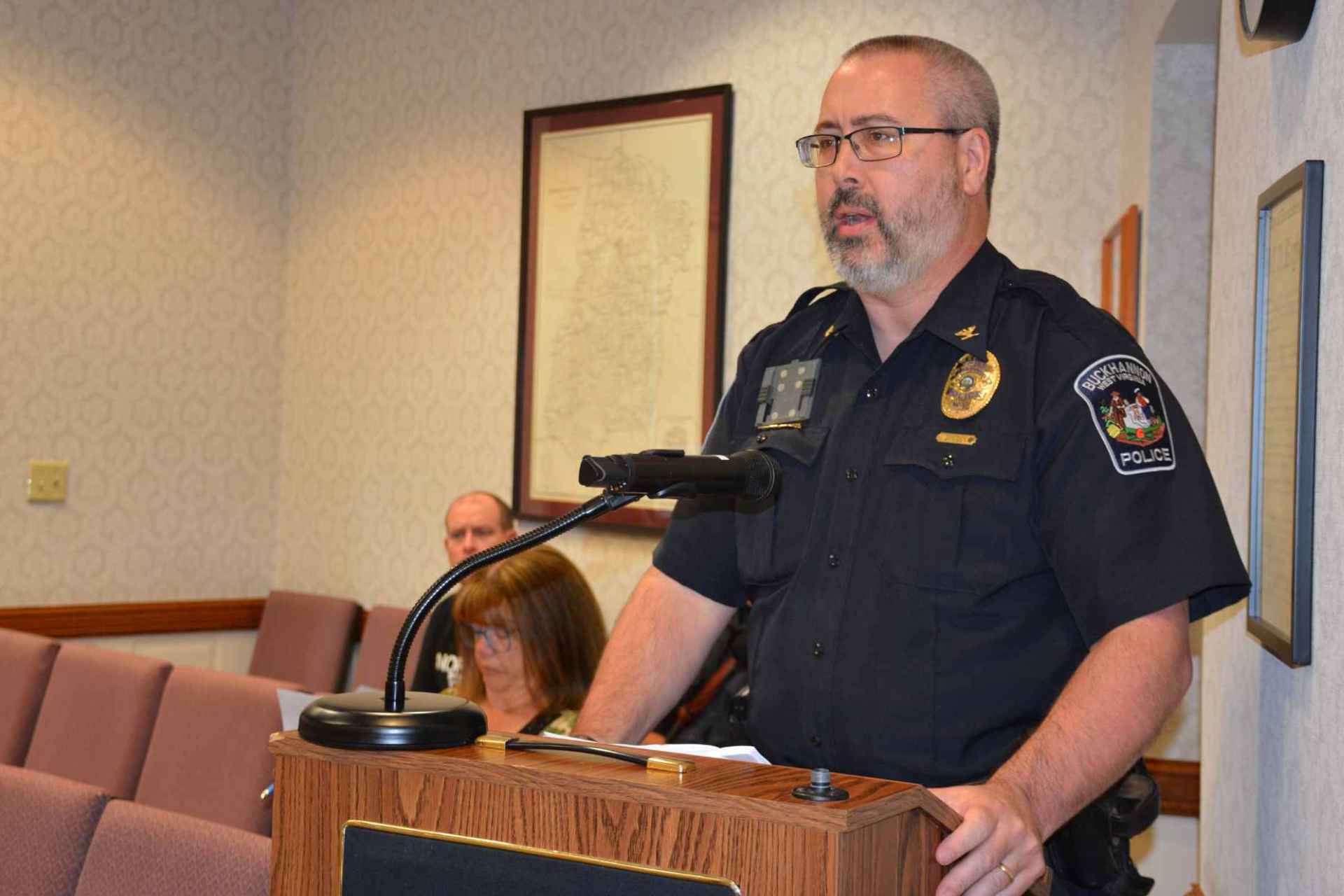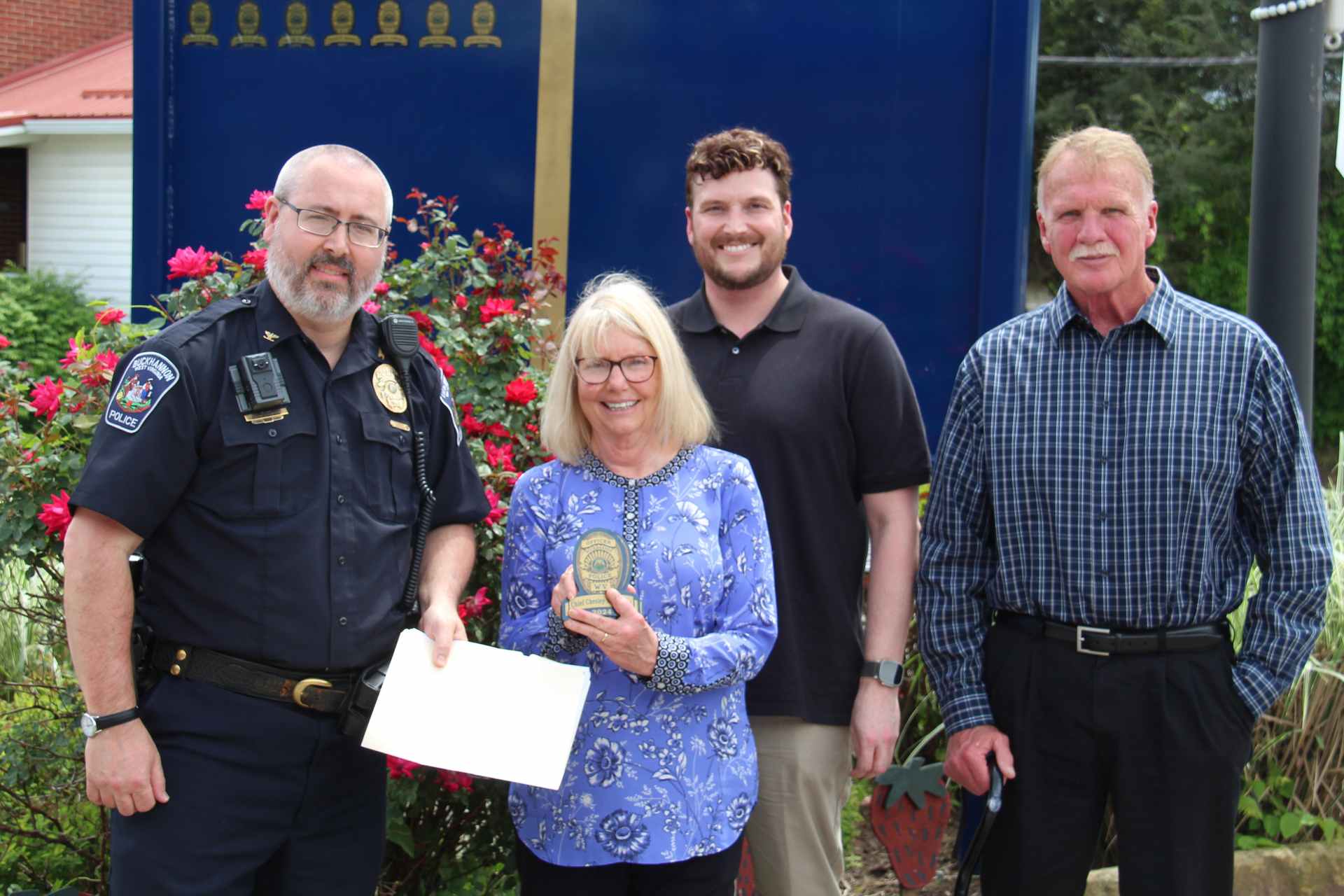BUCKHANNON, West Virginia – West Virginia Wesleyan College’s Department of Biology and Chemistry acquired a new EVOS Imaging System microscope thanks to the generosity of an alum and the Star Instrumentation Grants Program.
The EVOS Imaging System is a fully integrated digital inverted microscope for four-color fluorescence, transmitted light and color applications. The Celeste Image Analysis System allows for real-time imaging and 3-D reconstruction of fluorescently stained cells and tissues.
The late Robert H. Sammis ‘56, a long-time benefactor of the science programs at the college, provided $25,000 in funding and the rest came from the grant.
The new microscope arrived at the end of the 2022-2023 academic year and was put to use almost immediately.
Dr. Luke Huggins’ research looks at plant natural products as novel cancer treatments.His students in molecular cell biology performed two-color fluorescence staining of HT1080 fibrosarcoma cells to examine the effects of reishi mushroom extract of matrix metalloproteinase-2 production.
“This microscope allows us to do publication-quality, multi-color fluorescence and three-dimensional imaging,” he said. “We couldn’t do the three-dimensional imaging and the color is much better. This is bringing us up to state-of-the-art. We have replaced a good microscope that was 20 years old with a really modern research microscope.”
Dr. Bruce Anthony’s lab examines the effects of drug abuse on the central nervous system. With the new microscope, research students are able to examine the changes in both a 2-D and 3-D structure and to determine neuroplastic dynamics during drug recovery. Over the summer, students used the system to look at the effects of ethanol on neuronal stem cells.
Other classes will also benefit from the microscope.
Between 50 and 75 students will be trained to use the new microscope each year. The focus on experimental design, analysis and written communication in these courses is essential to the development of the critical thinking skills needed by biomedical graduates and the microscope provides another tool. Another five to 15 research students will have the opportunity to use the system as part of the West Virginia Wesleyan Summer Undergraduate research or through the Maier Foundation.

















